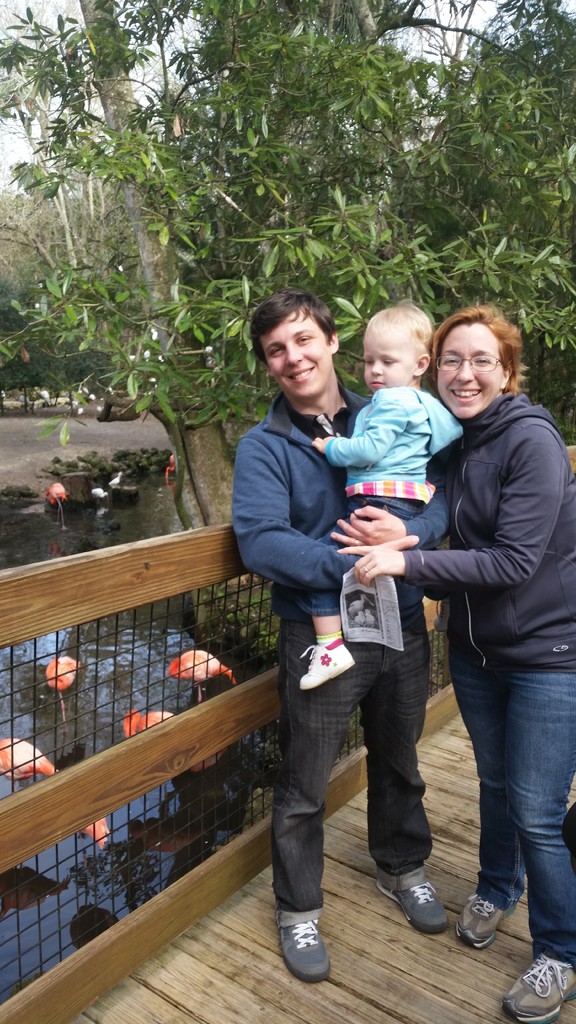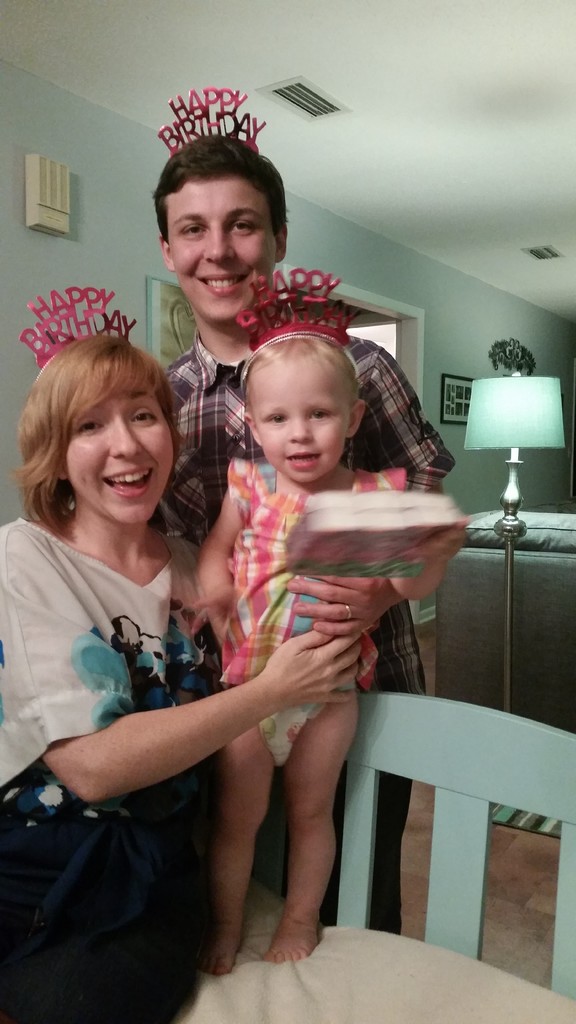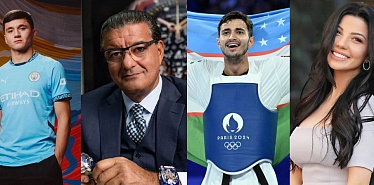Nazira Ergalieva, 25 years old, Hometown — Almaty
Living in Kuala Lumpur, Malaysia

Two years ago I got married and didn’t think of staying in Kazakhstan, because my husband speaks very little in Russian. He has his own business in Malaysia, in Kuala Lumpur, so we moved. I would like to move back to Kazakhstan one day, because I miss my relatives, the weather, especially food. My husband also likes Kazakhstan.
Malaysia differs from Kazakhstan a lot. I'm not working now, though working we shared our household duties with my husband. If I did housework, he prepared dinner; if I washed up, he threw away the garbage. He never had rest while I was doing everything on my own. We had team work.
As for traditions, firstly I had a cultural shock when I saw how the Malays greeted the elders. At the meeting the younger Malays kiss the elder's hand and bring it to the forehead. I was shocked, yet now I like this tradition. I think this shows respect for the older generation.
Weddings are completely different from those held in Kazakhstan. Hairstyles, make-up and stuff like that is important for the Kazakhstani, while in Malaysia everything is simple: a banquet is held for about two hours. There are two types of weddings - traditional and modern ones. Traditional wedding takes place at 10-11in the morning. 500, 1000, 2000 people come; there is no feast, just a buffet. We were invited to a modern weddings a couple of times. Regardless of the location, the food is very simple: soup with bones, rice and chicken. No one dances here. We had no slow dance at our wedding. Although in Kazakhstan it is customary, for the locals dancing implies disrespect towards elders.

Malaysia is a Muslim country, therefore there is more respect for the woman. Once my husband's parents invited my relatives. All the women were sitting, while men were serving food and cleaning the dishes. That was what I really liked.
Relations between family members are different. Kazakhstanis are more united, whereas here nobody gets into the relationship of brothers or sisters. Parents mainly live separately.
The main difficulty was the language barrier, which could not be overcome by relatives. We realized that when my spouse's family came to Kazakhstan. My Mom speaks a little English, but Dad knows only a few words. Fortunately my sisters and brothers know English.
We quickly found a common language, as by the time we met, I’d already lived in Malaysia for several years and knew what is what. The only moment of misunderstanding was when my friend asked me to meet her father, whom I did not know before. He came to Kuala Lumpur and I was to show him the city. My husband was surprised and asked: "Do you know this man? How can you communicate with a person you don’t know?" I had to explain that it was customary for us and we are supposed to meet, see off and feed a guest, whoever he or she is. He experienced that on his own, when came to Kazakhstan for the first time. I was busy at work and didn’t have time to show him the city. My younger sister and brother showed him sightseeing.
In general, the Malays and Kazakh are similar in cultural aspects. Our mentality and appearance are almost the same. My husband is often spoken to in Russian in Kazakhstan, because he’s thought to be either Kazakh or Uighur. Also, I’m often spoken in Malay, because I look like a Malay girl.
Konstantin Ryabov, 30 years old, Hometown — Karaganda
Living in Fort Myers, Florida, USA

I left from Kazakhstan to the States in 2015. I met my wife in 2008, when I was studying at an American university, and we got married two years later. After the wedding which was held in the States, we went to Kazakhstan, to Karaganda. Since 2010 we lived there. One day my wife said: "Why don’t we go to my hometown now?" Then, in December 2015, we moved.
City life, regardless of the country, is similar: people work, rest at home. The only difference is in everyday life. In America people cook less. The food industry is more developed than we have, so eating out is not a big event.
Mentality and life is like in Kazakhstan. The wife's family is large: parents have many brothers and sisters. In everyday life they don’t meet often, because they live in different cities and states. But they always gather at big events, like a wedding. The idea of family gatherings is the same. In Kazakhstan we have feasts and toasts, while in America it is more like a big party.
Since family members often live far apart, grandparents are not actively involved in grandchildren lives. They pay great attention to the parents’ opinion and advise less.

I got acquainted with my parents-in-law simply. In August 200 I flew to the States before starting my studies and visited my future wife. I met her close relatives at various family events before the wedding, but there were those whom I saw only once at the ceremony.
Cultural differences aren’t apparent in our relations. All the controversial points depend on the difference between people. The preceding generation might have a big difference in mentality, but due to the fact that American culture is quite popular since the 90's, their way of life and views are familiar to me.
Our daughter was born in 2014. When she was little she watched cartoons in Russian, understood something, tried to talk. As soon as we began to live in the States, she quickly changed her habits and forgot the Russian language. Now she is almost four years old and speaks English. Talking with my parents by phone, alas, she says only "Hello" and "Bye" in Russian.
Lyayla Akbaeva, 42 years old, Hometown — Karaganda
Living in São Paulo, Brazil
I studied in England. There I met my future husband. He is Italian and by that time had lived abroad for 15 years. Therefore we quickly understood each other.
Italian traditions and customs differ from those in Kazakhstan. For example, my acquaintance with the parents-in-law was informal. I and my future husband we flying to Malta, and in Rome we had a transfer lasting for two hours. His parents came to dine with us. There was no extra officialdom, it was very simple. I met other relatives in the summer, when they gathered to rest in the summer house. Italian family events are held not during the feast as they are in Kazakhstan. Here communication seems to be more important than a meal.
Italian families have an important tradition: they have a Sunday lunch with their mothers. You will not meet people on the streets, in the shops, because 90% of them are having dinner with the family. Respect for elders is something that reminds me the Kazakhstan society and what we try to instill in children.
Bringing up children we rely on the upbringing that we got and choose the best. I and my husband adhere to English standards, clearly planning the day, responsibly dealing with cases. Despite living in Brazil, the children attend the English school, various extra curriculum lessons. We teach them to plan their days so to be in time.
In any matter we try to explain why it's better to act this way, not otherwise. For example, in England, children go to bed at 6-7 pm, while in Brazil, they can play outdoors until 9-11 pm. When children want to go out late, I give them a choice, explaining that they can go out for a walk late, though they won’t likely to get enough sleep. It is important to explain the reason. In Kazakhstan, for some reason, people tend to ignore such explanations.
In Kazakhstan, personal life is not valued highly. Relatives can drop in at any time, and you have to put things off, not paying attention to your own personal matters. We tell our children to pay attention to their own arrangements firstly and to warn a host if they’re to visit someone. Every weekend we discuss together where we’d like to go.












